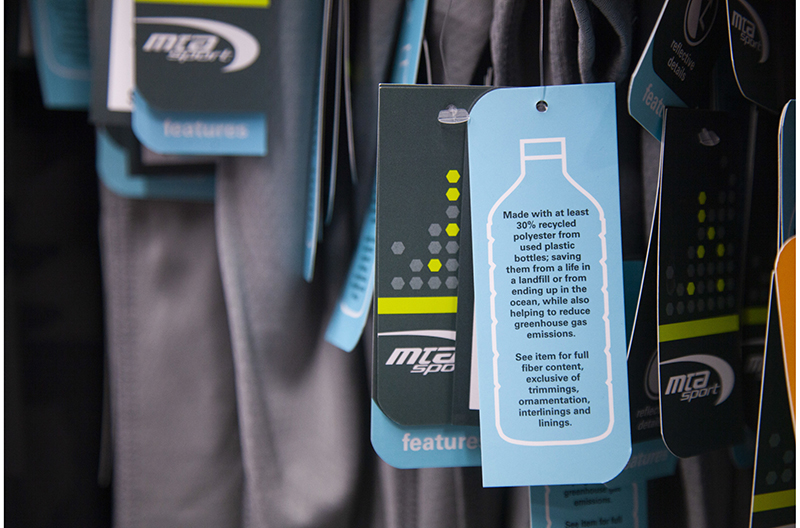In an effort to expand its sustainable product offerings in categories storewide, Meijer will hold its second annual virtual Sustainability Summit Oct. 11-13.
The Grand Rapids, Michigan-based company wants to engage suppliers in categories ranging from food/health/beauty and everyday essentials to pets, apparel and general merchandise.
Meijer is targeting 38 different certifications on vendor products or their manufacturing and procurement processes. It also is seeking products across all categories with sustainable packaging attributes.
Certified vendors with retail-ready products can apply by Aug. 25 for consideration here.
“At Meijer, we understand that to be a good company, we must be a good neighbor, which is why we’re interested in meeting new vendors to further integrate sustainability attributes into our product offerings and daily operations,” said Don Sanderson, chief merchandising and marketing officer.
“We want to provide our customers with the great products they’re looking for while also being mindful of the impact those products make within our communities and the world around us.
Meijer is partnering with ECRM and its subsidiary product discovery tool, RangeMe, to host this event through the company’s ECRM Connect virtual platform.
Meijer will review the applications and select vendors for the sustainability summit. Those not chosen still will be accessible through the RangeMe registration tool and may be revisited by merchants in the future.
Meijer has a base of thousands of sustainable and clean living products and has been recognized as an industry leader in sustainable freight supply chain. In 2021, Meijer launched its own sustainable clothing items made from recycled polyester and 100 percent organic cotton.
More than 80 percent of the MTA Sport assortment in men’s, women’s and kids’, as well as more than 60 percent of the men’s Lake & Trail line, is made with at least 30 percent recycled polyester.
The company’s Wave Zone men’s PFC Free line is also made with recycled polyester. Those lines use post-consumer water bottles that are ground into chips, melted into a fiber filament and turned into fabric to make apparel.

